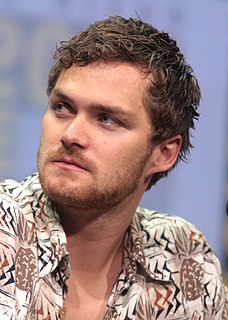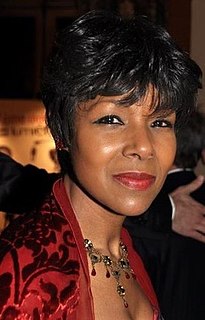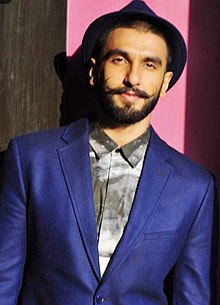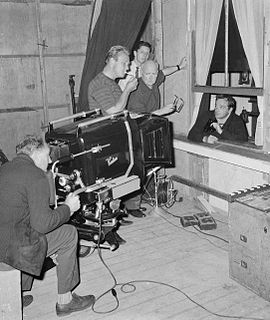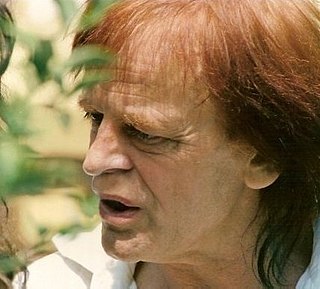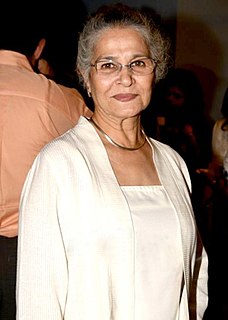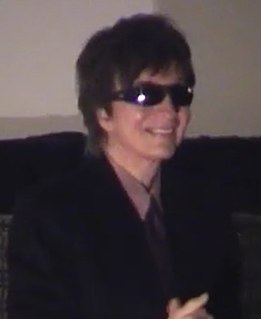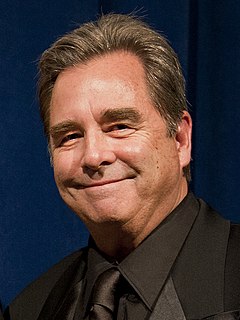A Quote by Finn Jones
There's a documentary film-maker called Werner Herzog, who's a German film-maker. I really dig his stuff, I'd love to chat with him.
Related Quotes
Werner Herzog, I knew him for so many years, when Fassbinder was at his highest moment. But we had a rule: An actor from Fassbinder could never work with an actor of Werner Herzog or Wim Wenders. Because if we would have done that, we would have been spies. "Ah, you worked with Werner - how was it? How did he direct you?" I was Fassbinder's actor.
Werner Herzog, I knew him for so many years, when Fassbinder was at his highest moment. But we had a rule: An actor from Fassbinder could never work with an actor of Werner Herzog or Wim Wenders. Because if we would have done that, we would have been spies. 'Ah, you worked with Werner - how was it? How did he direct you?' I was Fassbinder's actor.
To the documentary director the appearance of things and people is only superficial. It is the meaning behind the thing and the significance underlying the person that occupy his attention... Documentary approach to cinema differs from that of story-film not in its disregard for craftsman-ship, but in the purpose to which that craftsmanship is put. Documentary is a trade just as carpentry or pot-making. The pot-maker makes pots, and the documentarian documentaries.
My favourite film-maker west of the English Channel is not English - but to me doesn't seem American either - David Lynch - a curious American-European film-maker. He has - against odds - achieved what we want to achieve here. He takes great risks with a strong personal voice and adequate funds and space to exercise it. I thought Blue Velvet was a masterpiece.
